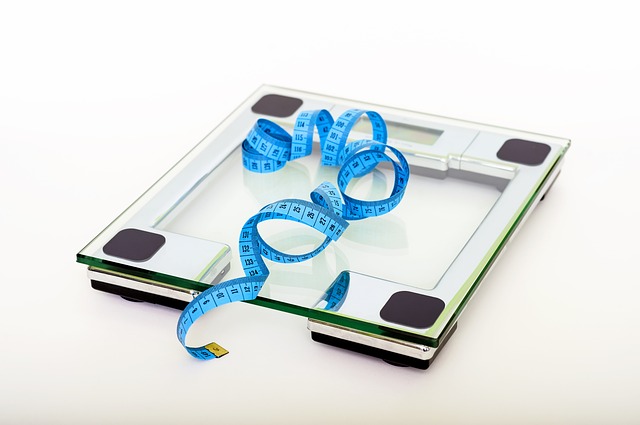Almost everyone today is into weight loss. The internet has made it so easy to learn everything and so everyone can learn how to go about their weight loss regime. Unfortunately what many might think is a great idea is actually a myth. There are several weight loss myths. Know the truth.
All “Calories” Are Equal
The calorie is a measure of energy. All “calories” have the same energy content.
However, this does NOT mean that all calorie sources have the same effects on your weight.
Different foods go through different metabolic pathways and can have vastly different effects on hunger and the hormones that regulate body weight.
For example, a protein calorie is not the same as a fat calorie or a carb calorie.
Replacing carbs and fat with protein can boost metabolism, reduce appetite and cravings, while optimizing the function of some weight-regulating hormones (1, 2, 3).
Sourced from: https://authoritynutrition.com/top-12-biggest-myths-about-weight-loss/
It has been put in many people’s minds that they have to do intensive physical workouts in order to lose weight. This is not true. The other myth is that healthy food costs a lot.. it is all about alternatives.
A radical exercise regime is the only way to lose weight
Not true. Successful weight loss involves making small changes that you can stick to for a long time. That means being more physically active in your daily routine. Adults should get at least 150 minutes of physical activity – such as fast walking or cycling – every week, and those who are overweight are likely to need more than this to lose weight. To lose weight, you need to burn more calories than you consume. This can be achieved by eating less, moving more or, best of all, a combination of both. Try the 12-week NHS weight loss plan.
Healthier foods are more expensive
It may seem that healthier foods are more expensive than their unhealthier alternatives. However, if you try replacing ingredients with healthier alternatives, you’ll probably find your meals will work out costing less. For example, choosing cheaper cuts of meat and mixing it with cheaper alternatives such as beans, pulses and frozen veg will make it go further in casseroles or stir-fries. Learn more about eating well for less.
Sourced from: http://www.nhs.uk/Livewell/loseweight/Pages/Weightlossmyths.aspx
You never added weight in a day so why are you trying to lose it fast? Many people have been made to believe that if they lose weight fast then they will gain it all over again. They are also told to set realistic weight loss goals to avoid disappointment.
Don’t Lose Weight Quickly—Go Slowly
You’ve heard it a million times: If you lose weight super quickly, it’ll be hard to keep that weight off in the long-run, compared to losing weight slowly and steadily. Turns out there’s not much research to support this, and that weight-loss retention is a lot more complicated than the speed at which you drop the pounds at the outset.
Set a Realistic Goal Weight—Or Else You’ll Be Totally Discouraged
It sounds reasonable, but there’s no evidence to back it up: Feeling frustrated about a seemingly difficult-to-achieve weight isn’t going to preclude you from hitting your goal.
Sourced from: http://www.womenshealthmag.com/food/weight-loss-myths
